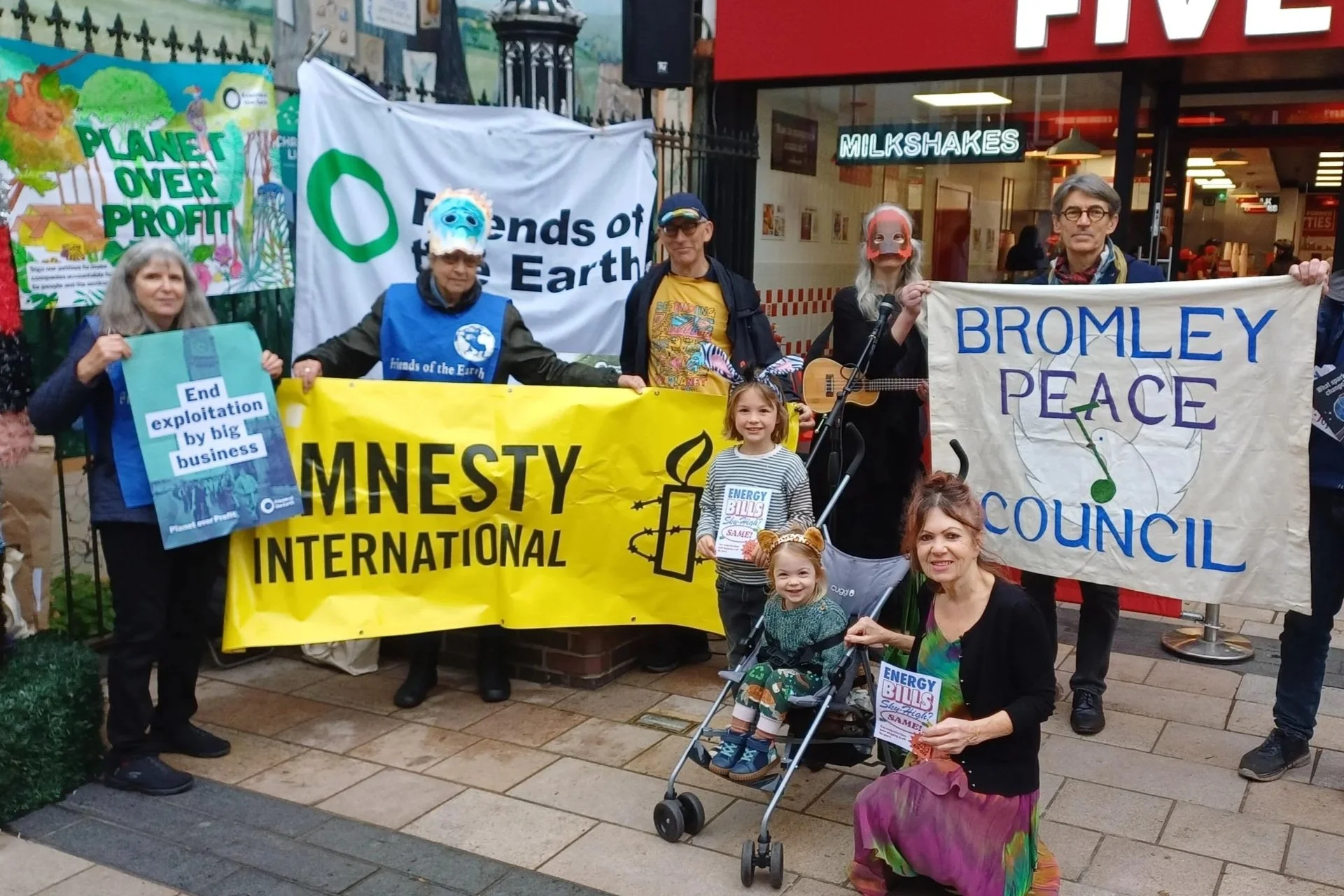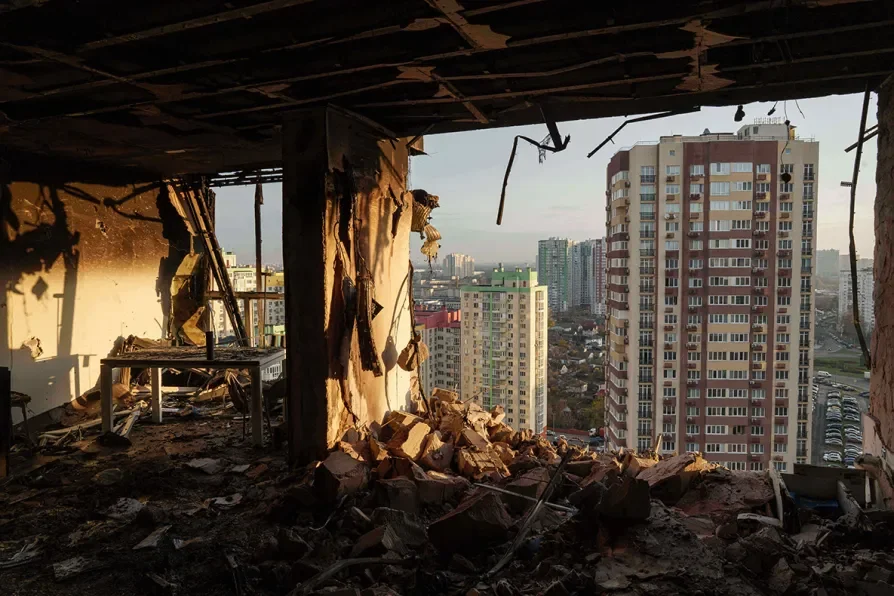This month, UK and France Pax Christie organisations have come together to encourage signing a declaration on the anniversary of the Lancaster House Treaties.
Made in November 2010, between the UK and France, these Treaties call for a “mutually beneficial long-term partnership in defence and security matters,”
Known as the Lancaster House Treaties, they recognise that “the proliferation of weapons of mass destruction and their means of delivery is one of the most serious threats to international peace and security.” They state that both countries will work “to strengthen the nuclear Non-Proliferation Treaty, one of the cornerstones of the international security architecture’ and will ‘support ongoing efforts in its three pillars: non-proliferation, the peaceful use of nuclear energy, and disarmament.”
Yet, fourteen years on, there is little, if any evidence that the two countries have taken any steps in this direction, despite the responsibility they bear as nuclear weapons states at a time when the threat of nuclear war is once more on the rise.
The Joint Declaration takes the opportunity provided by the anniversary of the Treaties to urge the leaders and governments of the UK and France to take meaningful and verifiable steps to honour their commitment to nuclear disarmament in the Nuclear Non-Proliferation Treaty (NPT). It encourages them to take a more constructive approach to the Treaty on the Prohibition of Nuclear Weapons (TPNW).
The Declaration also emphasises that the need for nuclear disarmament is a part of the teaching of the Catholic Church, reaffirmed this year by the Bishops in the International Affairs Department of the England and Wales Bishop’s Conference in ‘Called to be Peacemakers: A Catholic approach to arms control and disarmament’. That document calls on the British government to fulfil its obligations under the NPT and ‘ultimately forsake its nuclear arsenal’ to help create ‘a world without nuclear weapons’. It challenges the British Government to engage meaningfully with the processes of the TPNW and ultimately to sign and ratify the treaty itself.
Read the treaty here:
British and French Joint Declaration on the anniversary of the Lancaster House Treaties
It is not too late for organisations and individuals to add their signature which you can do here:
The Declaration will be kept open until Monday 9th December when we will send a copy to the UK Government.





